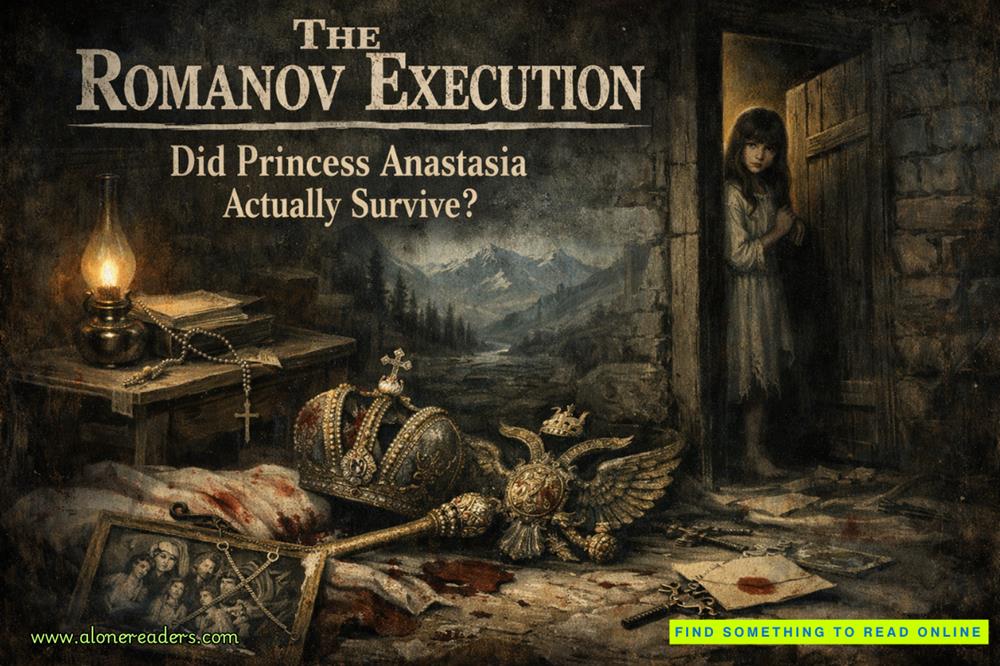“So, here’s my pitch,” I said, tapping the notebook between us.“We frame The Locked Garden as a metaphor for guarded intimacy—how desire builds when access is limited.You know… like when someone’s holding back.”
His eyes cut to mine, and I made sure my grin stayed just this side of cocky.
“That’s not… entirely inaccurate,” he drawled.
I leaned closer.“And in the Song of Songs, the garden eventually gets unlocked.”
He flushed, just a little, but enough to notice.
I sat back, pretending to study my own notes.“So maybe we structure the paper around the build-up.The poetic foreplay, if you will.”
He coughed into his fist.“We’ll… we’ll need to cite credible commentary.”
“Totally.But we can still make it engaging.”I gave him my best innocent face.“You know, really draw the reader in before we… uh… reveal the conclusion.”
His ears were turning pink now.I didn’t even have to touch him to know I was getting under his skin.
I flipped open my textbook, casually letting my knee brush his under the table.“So.Let’s start with chapter four, verse twelve: ‘You are a garden locked up, my sister, my bride.’”I let the verse hang between us, slow and deliberate.“We could unpack that.The tension.The anticipation.”
Henry’s pen hovered over his notebook like he was ready to take notes on my every word—if only to keep his eyes down and away from me.
“So,” I said casually, “the fact that the garden is locked means someone has the key.Which is interesting, right?Because if you’ve got the key, you could open it anytime… but maybe you don’t.Maybe you wait until the timing’s perfect.”
He glanced up, just long enough for our eyes to meet.“That’s… one interpretation.”
I grinned.“Oh, I’ve got interpretations for days.”I leaned in, letting my arm brush his.“Like maybe the waiting is the whole point.Maybe you don’t want the fruit to ripen too fast.You let it hang on the vine until it’s sweet enough to…” I let the sentence trail off, watching the flush creep from his neck to his cheeks.
Henry cleared his throat and flipped a page in his notebook like it owed him money.“We should probably stick to what the major commentaries say.”
“Sure,” I said.“But even the commentaries can’t resist the imagery.‘Your plants are an orchard of pomegranates…’” I skimmed the verse with deliberate slowness, my tone dropping low.“You know pomegranates are a fertility symbol, right?”
His hand tightened around his pen.“I’m aware.”
“And myrtle,” I continued, tapping the margin with my fingertip, “that’s in there too.That one’s all about love and marriage.Kind of makes you wonder if the garden isn’t just a garden.”
His eyes darted anywhere but me—textbook, wall clock, the front of the classroom—but every tiny movement gave him away.He was squirming, and I loved it.
“So our paper could explore that double meaning,” I said.“Sacred space versus physical space.You know… the way the same place can be holy and… well… not so holy, depending on what you’re doing in it.”
“Or we could focus on,” Henry said, his voice a notch too tight, “the allegorical meaning—the relationship between God and His people.”
“Allegories are great,” I said, smiling slowly, “but sometimes a fig tree is just a fig tree.”I let my knee press against his again, steady this time.He didn’t move away, which I was counting as a personal victory.
I flipped another page, pretending to read.“The Song of Songs is really just about wanting someone so much you can’t stand it.Being close but not quite there yet.That tension.”
His pen scribbled something down, but his ears were on fire.
And maybe I was imagining it, but his breathing had gone a little uneven, like the locked garden wasn’t just a metaphor anymore.
I leaned back in my chair, tapping my pen against the margin of my textbook like I was thinking hard about ancient Hebrew metaphors when really I was thinking about the way Henry’s jaw flexed every time I pushed him.
“So,” I said, “our big thesis could be that the locked garden is a place of invitation, not exclusion.It’s locked, sure, but the right person gets in.Which, if you think about it, makes it even more intimate.You only let one person have the key.”
Henry’s pen stilled on the page.“We’d need to cite where the text supports that idea.”
“Oh, it’s there,” I said.“Chapter four is basically a love letter to exclusivity.My garden, my bride, my fountain.Possessive in the best way.”I smiled at him.“You know, the kind of language that says, you’re mine and no one else’s.”
He glanced up, and I caught the flicker of heat in his eyes before he looked away.















